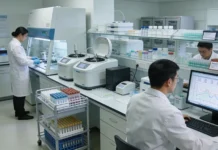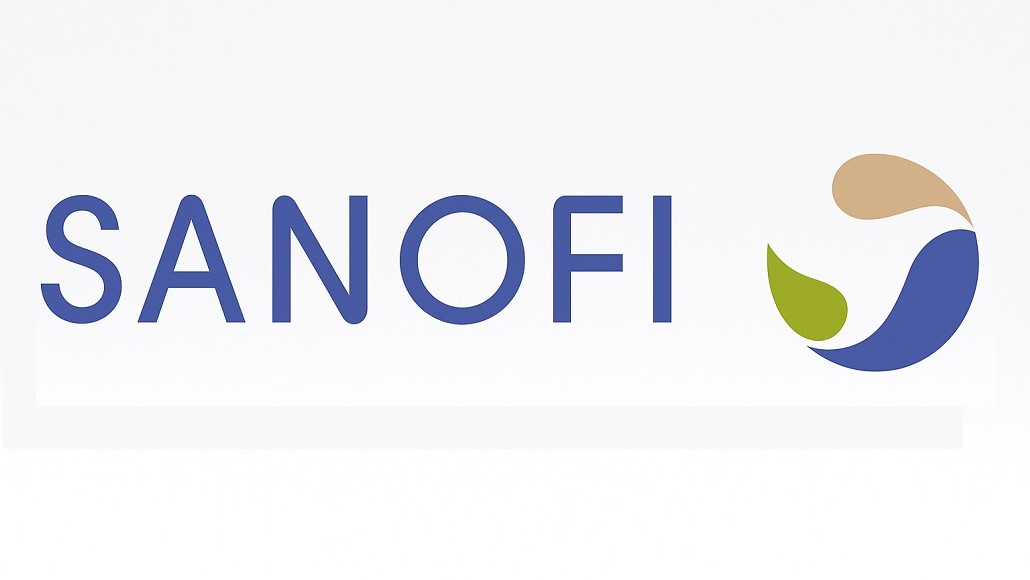In order to treat multiple myeloma in adults, Sarclisa from Sanofi in combination with a regimen of lenalidomide, bortezomib, and dexamethasone (VRd) has been granted approval by the European Commission.
It is well to be noted that Sarclisa has received the EU approval in terms of induction treatment of transplant-eligible patients having newly diagnosed multiple myeloma (NDMM).
Interestingly, the approval from the European Commission follows a positive opinion from the Committee for Medicinal Products for Human Use of the European Medicines Agency in June 2025.
The decision happens to be underpinned by the outcomes from one of the German-speaking myeloma multi-center groups—GMMG—HD7 phase III trial, which assessed the impact of Sarclisa independently in the induction as well as maintenance phases.
This kind of randomized, pivotal, open-label, multicenter, two-part trial went on to enroll 662 subjects having transplant-eligible NDMM all throughout 67 sites across Germany.
It is well to be noted that in the first part of the trial, Sarclisa was administered to subjects by way of an intravenous infusion at a 10 mg/kg dose every week for the initial four-week cycle and thereafter every other week for the remainder of the induction period.
Interestingly, Sarclisa-VRd was found to have attained quite a deep as well as quick response when it came to transplant-eligible subjects. The primary endpoint of the study happened to be the rate of minimal residual disease negativity at the culmination of the induction period, which went on for 18 weeks.
Olivier Nataf, Sanofi’s oncology global head, said that they have been on a mission to speed up the clinical development program of Sarclisa with the hope of bringing this vital medicine to as many people as possible to treat multiple myeloma.
He added that the decision taken represents a premier example of those efforts and most significantly goes on to pave the way for Sarclisa to go ahead and become more accessible to even more patients across the EU regardless of the eligibility of the transplant or the line of therapy they are in.
Also known as isatuximab, Sarclisa went on to receive approval in over 50 countries, which includes the likes of the EU, the US, China, and Japan. Due to this latest approval, it now has four global indications, two of which happen to be in the front-line setting.



















